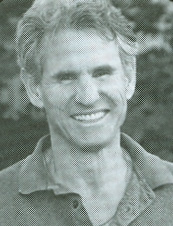
Jon Kabat-Zinn, Ph.D., is a meditation teacher, writer, and scientist. He recently retired from the University of Massachusetts Medical School, where he was founding executive director of the Center for Mindfulness in Medicine, Health Care, and Society; founder and former director of its world-renowned Stress Reduction Clinic; and a professor of medicine. An early student of Korean Zen master Seung Sahn, he was a founder of the Cambridge Zen Center. Author ofFull Catastrophe Living and Wherever You Go, There You Are, Dr. Kabat-Zinn is at work on a new book, Coming to Our Senses: Mindfulness, Dharma, and Living Life As If It Mattered, to be published by Hyperion in 2004. An interview with Dr. Kabat-Zinn about pain management appears here.
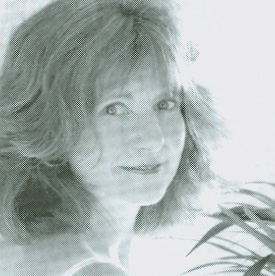
Journalist Katy Butler (“Say It Right,”) writes: “This article came about because I’d been seeking a way to practice Right Speech ever since Thich Nhat Hanh encouraged me to take the five lay precepts more than a decade ago. I was so happy to run into [former psychologist Marshall Rosenberg’s] Nonviolent Communication and find a way to be authentic as well as flexible and kind. When I started, it was kind of mechanical, but after a short while I discovered its affinities with Buddhism. ”
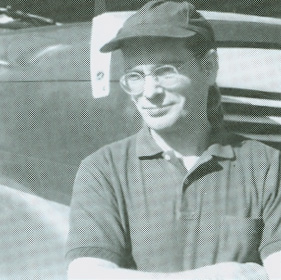
Freelance writer and former trucker Paul Conrad originally met the professional drivers profiled in his essay “On The Road” while researching a feature article entitled “Getting Your Mind Right” for RoadStar, a popular magazine for over-the-road truckers. “A friend who is a Vipassana practitioner told me she found the article quite Buddhist. Since I’d unwittingly shared Buddhist wisdom with truckers, it made sense to share truckers’ wisdom with Buddhists. It seems a fitting tribute to the men and women who taught me lifesaving lessons about mindfulness.”
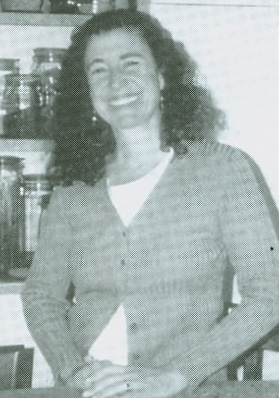
Noelle Oxenhandler, whose reflection on the word but, (“Ah, But the Breezes . . .”), tells us about the origins of her essay: “About a year ago, I was listening to a Bach cantata, and I kept hearing the German word for but: ‘Aber, aber . . .’ All of a sudden it struck me how important but is for the spiritual life—not simply as a word, of course, but as a shift in perception. It’s a pivot, a hinge, on which so much depends: the awareness of suffering, for example, the openness to grace. . . . This essay grew out of that moment of realization, and now I am developing a book from the essay. So far—despite having become the brunt of friends’ but-jokes—I’m quite amazed at where it’s taking me.”
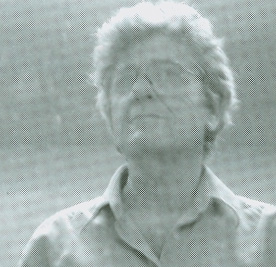
Regarding his essay “The Wheel”, writer Leonard Michaels reflects: “Certain questions have obsessed me for most of my life. They are about why people live the way they do. Not everyone has a choice, but even people who had a choice about how they would live chose badly, or meaninglessly. At some point it struck me that I wasn’t essentially different, except perhaps that I asked questions. In an oblique sort of way, the essay comes out of this recognition.”
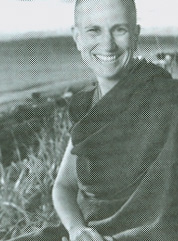
Thubten Chodron is a Buddhist nun and cofounder of an ecumenical Buddhist monastery called Sravasti Abbey, in St. Louis, Missouri. Her dharma talk on spiritual consumerism (“Shopping the Dharma”) appears in this issue. “From the moment I met the dharma, I was struck by the Buddha’s call for total self-honesty. Since why we do something is more important than what we do, sincere motivation is crucial. As a student and a so-called ‘teacher,’ I’ve noticed that a consumer mentality is apparent in my dharma practice, corrupting my noble aspirations. This talk was given to Buddhists and Christians at the second Gethsemani Encounter, where, amidst embarrassed laughter, some participants hid their heads under their robes when they, like me, recognized their spiritual consumerism.”
Thank you for subscribing to Tricycle! As a nonprofit, we depend on readers like you to keep Buddhist teachings and practices widely available.